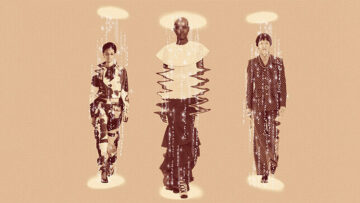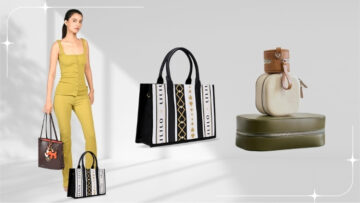
Ahead of a hectic Christmas trading period, 53 per cent of consumers have decided not to buy from a retailer if they don’t like their returns policy.
According to a joint study by tech-driven retail returns solutions provider ZigZag Global and post-purchase specialist Shipup, delivery and returns are the main problems that online buyers and merchants are facing.
Furthermore, they stated that “this could have a significant impact on the number of sales if retailers aren’t getting their returns policy right,” given that 84 per cent of consumers always check the policy (up from 76 per cent a year ago).
Retail analysts forecast that although online shopping is still a top priority for many consumers (about 61 per cent still make an online purchase at least once a week), Christmas shopping growth will likely decline from previous years.
As of right now, 35 per cent of consumers claim that the cost-of-living issue has increased their likelihood of returning an item. Additionally, even though the number of merchants charging for returns has significantly increased, 82 per cent of consumers still prefer free returns. Nevertheless, the study also discovered that 61 per cent of consumers would continue to purchase from a store even if they were charging. A precise delivery estimate is crucial to more shoppers (57 per cent) than a quick delivery (43 per cent).
Around 38 per cent of shoppers said they wouldn’t shop with a retailer again after a poor delivery experience.
The study also emphasised the inclinations of consumers to return items they have purchased online. The three most common approaches are still returning to the post office (58 per cent), picking up from home (48 per cent) and returning to the convenience store (40 per cent). However, as variety and flexibility are important to consumers, more buyers are considering return to store (39 per cent) and locker return (24 per cent) choices.
UK consumers believe that a positive return experience should be cost-free (82 per cent), come with a prompt refund (72 per cent), have several return choices (46 per cent), and not require a printer (42 per cent).






